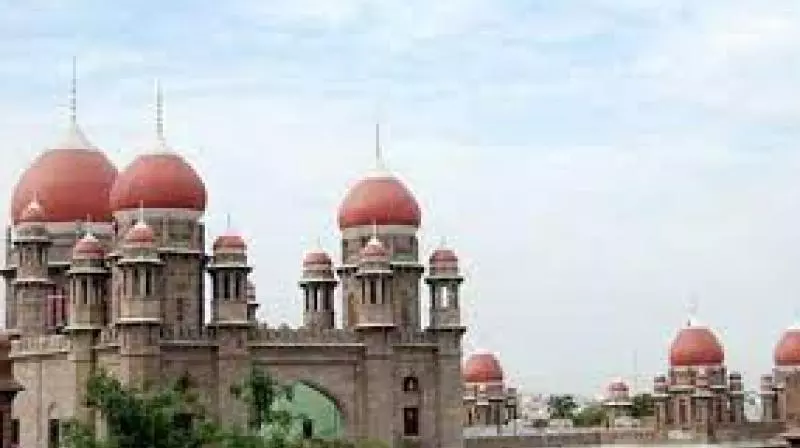HC Extends Status Quo on Governor Quota MLCs Till Conclusion of Writs

Hyderabad: The Telangana High Court on Thursday extended the status quo order on the notification appointing Prof. M. Kodandaram and Amer Ali Khan as MLCs under the Governor quota, till the outcome of writ petitions filed by Dasoju Sravan and K. Satyanarayana.
The petitioners challenged the decision of the Governor to reject the recommendation of the previous BRS government to appoint them as MLCs.
The division bench, comprising Chief Justice Alok Aradhe and Justice Jukanti Anil Kumar, after hearing contentions on the day, adjourned the ongoing arguments to Friday. However, the bench made it clear that the status quo on the notification, issued on January 30, will continue until the outcome.
In the course of arguments, senior counsel Aditya Sondhi, representing Dr. Dasoju, alleged the Governor made mala fide decisions to reject the BRS recommendations. The Governor had a “strange relationship” with the previous government and then chief minister, a context against which she refused to approve them.
The names of the petitioners were forwarded in July 2023, but the Governor kept the decision pending till September 19, senior counsel said, questioning just the two days the Governor took to approve the names of Prof. Kodandaram and Khan, after the files were sent on January 25.
Further, senior counsel Sondhi said the approval came against the backdrop of the pending writ petitions and a communiqué by the Governor’s office on January 17, which stated that no further development would take place till the outcome of the petitions.
Pointing to the observations made by the Governor stating that Dr. Dasoju and Satyanarayana had political affiliations and had not achieved anything in the field of literature, art, cooperative movement, or social service, senior counsel contended that the Governor had stepped into the quasi-judicial authority, despite having only executive authority.
He said Prof. Kodandaram and Amir Ali Khan too had strong political affiliations and furnished a list of MLCs with political affiliations appointed by the Governors in Andhra Pradesh, Bihar, and Uttar Pradesh.
Mayur Reddy, senior counsel appearing for Satyanarayana, contended that the rejection order of the two petitioners “is cyclostyled without changing a letter symbol” and the Governor was not in a position to distinguish the qualifications of the petitioners.
Advocate General A. Sudharshan Reddy argued that the incumbent government had the authority to cancel the recommendations for MLCs made by the previous government.
Senior counsel S. Ashok Anand Kumar, appearing for the secretary to the Governor, said that courts could not inquire into decisions made by the Governor and that the Constitution provided complete protection to the Governor and his/ her discretionary powers.
Anand Kumar submitted that the Governor's discretionary powers would be exercised on two facets, i.e., one on the advice of the council of ministers and its own discretionary. Senior counsel said that when MLAs were given the choice to elect anybody as MLC under the public representative quota, similarly the Governor had discretionary powers to appoint the MLCs.

